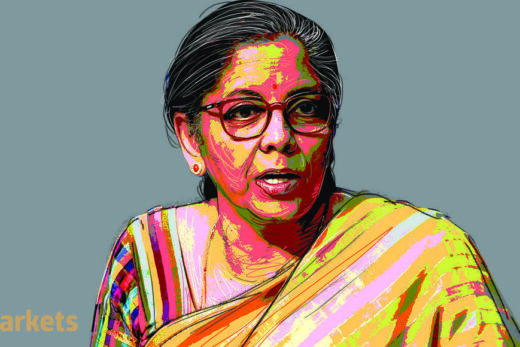However, as market reactions show, the devil lies in the details.
Despite Das saying several times that the jump in CPI inflation to a six-month high in May was transitory and led by supply-side issues, the central bank today raised its forecast for the price gauge by 60 basis points to 5.7% for the current financial year.
Further, for the first time since the pandemic struck, a member of the rate-setting panel dissented with others on the policy stance. Jayant Varma, an independent member of the MPC, disagreed with the decision to maintain the accommodative stance.
“All members, namely, Dr Shashanka Bhide, Dr Ashima Goyal, Dr Mridul K Saggar, Dr Michael Debabrata Patra and Shaktikanta Das, except Prof Jayanth R Varma, voted to continue with the accommodative stance as long as necessary to revive and sustain growth on a durable basis and continue to mitigate the impact of Covid-19 on the economy, while ensuring that inflation remains within the target going forward. Prof Jayanth R Varma expressed reservations on this part of the resolution,” the MPC statement said.
Yield on the 10-year benchmark 6.10%, 2031 government bond rose 3 basis points and was last up at 6.24%. Bond yields and prices move inversely.
Another pain point for markets was the increase in the quantum of variable rate reverse repo operations, a move that has been interpreted as a precursor to normalizing liquidity management operations.
Das today said that the size of 14-day variable rate reverse repo operations will be gradually increased from the current tranches of Rs 2 lakh crore to Rs 4 lakh crore in a phased manner.
To be fair to the RBI, its hands were tied on the liquidity front as the surplus ballooned to uncomfortable levels on account of the RBI taking delivery of forward dollar purchases, large-scale redemption of Treasury Bills and the central bank’s continued open market purchases.
Benchmark equity indices gave up some of their opening gains after the RBI projected an increase in inflation in the coming quarters as well as a hint of withdrawing some of the surplus liquidity in the banking system. Further, a fall in shares of index major Reliance Industries following an unfavourable Supreme Court verdict in the Future retail-Amazon case also weighed on sentiment.
Das may have spared no pains to emphasise the central bank’s commitment to reviving growth, but, the nuances of the policy statement show that the RBI has now increased its vigilance on reining in consumer prices. Not music to the ears of financial markets.



